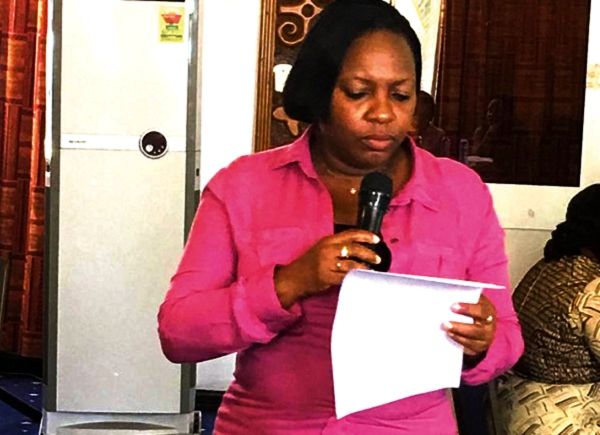The United Nations Population Fund (UNFPA) has developed a guideline document - “Guidelines for engaging men and women in sustainable development” - to facilitate the engagement of men and boys in bridging the gaps in existing gender equality strategies.
The document focuses on the modalities and the need to engage men and boys in the gender empowerment discourse, as well as address their vulnerabilities.
It presents conceptual and practical approaches to engaging men and boys in programme design and implementation of interventions aimed at addressing the social vulnerabilities and disadvantages of women and girls.
The document also identifies multi-level interventions and engagement with men and boys that are expected to collectively generate an enabling environment to address reproductive health and social issues affecting women and girls, as well as reducing their vulnerabilities.
The UNFPA has underscored the need to review the gender empowerment and equality strategies and advocacy tool kits to adequately capture and inculcate issues affecting men and boys in such strategies.
It said, such a guideline had become critical because existing strategies had not produced the desired results since they focused largely on women and girls, relegating boys and men to the background.
It says all strategies and advocacy tool kits have to take into consideration all components of the term ‘gender’, which involve men and boys, women and girls to be able to achieve the desired impact, as well as sustain gains made.
Workshop
As part of the measures to review existing strategies and advocacy tools, the UNFPA is engaging its key implementing partners and stakeholders in workshops to introduce to them the all-gender component sensitive guidelines and reorient them on gender empowerment and equity.
The two-day workshop in Elmina, which started on Tuesday, May 7 as part of the review meetings, has brought together regional directors from the Department of Gender under the Ministry of Gender, Children and Social Protection, civil societies, representatives from the Department of Domestic Violence and Victim Support Unit of the Ghana Police Service, media and policy makers among other stakeholders.
Opening the workshop, the Deputy Representative of the UNFPA in Ghana, Ms Erica Goldson, said all these initiatives were to help facilitate the delivery of the UNFPA’s mandate, which included delivering a world where every pregnancy was planned and wanted; a world where no woman died from giving birth; a world where every young person’s potential was fulfilled and a world with a healthy population.
She said the workshop was to enhance the capacities of implementing partners of the national gender empowerment, gender equity and social protection strategies in the application of the new guidelines.
She said it was also to review the content of a child marriage toolkit based on UNFPA and stakeholder field experiences.
Ms Goldson described the platform as a knowledge and experience-sharing opportunity, to enhance outcomes that would impact national efforts to reorient the population and implementing partners on the revised gender empowerment strategy that gave priority to men and boys.
New guidelines
The introduction to the new document says the achievement of gender equality is still, to a large extent, considered as a women’s issue.
It said attention to the critical role men and boys could play in the achievement of gender equality and equity was gaining momentum in recent years.
“The shift from a focus on women and girls to the perspective of gender relation in the 1990s created the opportunity to give increased attention to men and boys,” it said.
The Member of Parliament for Abura, Aseibu Kwamankese in the Central Region, Mr Elvis Donkor, underscored the need to engage policy makers more on gender empowerment and social protection to inform the right policies for sustainable development.
Writer’s email: doreen.andoh@graphic.com.gh

